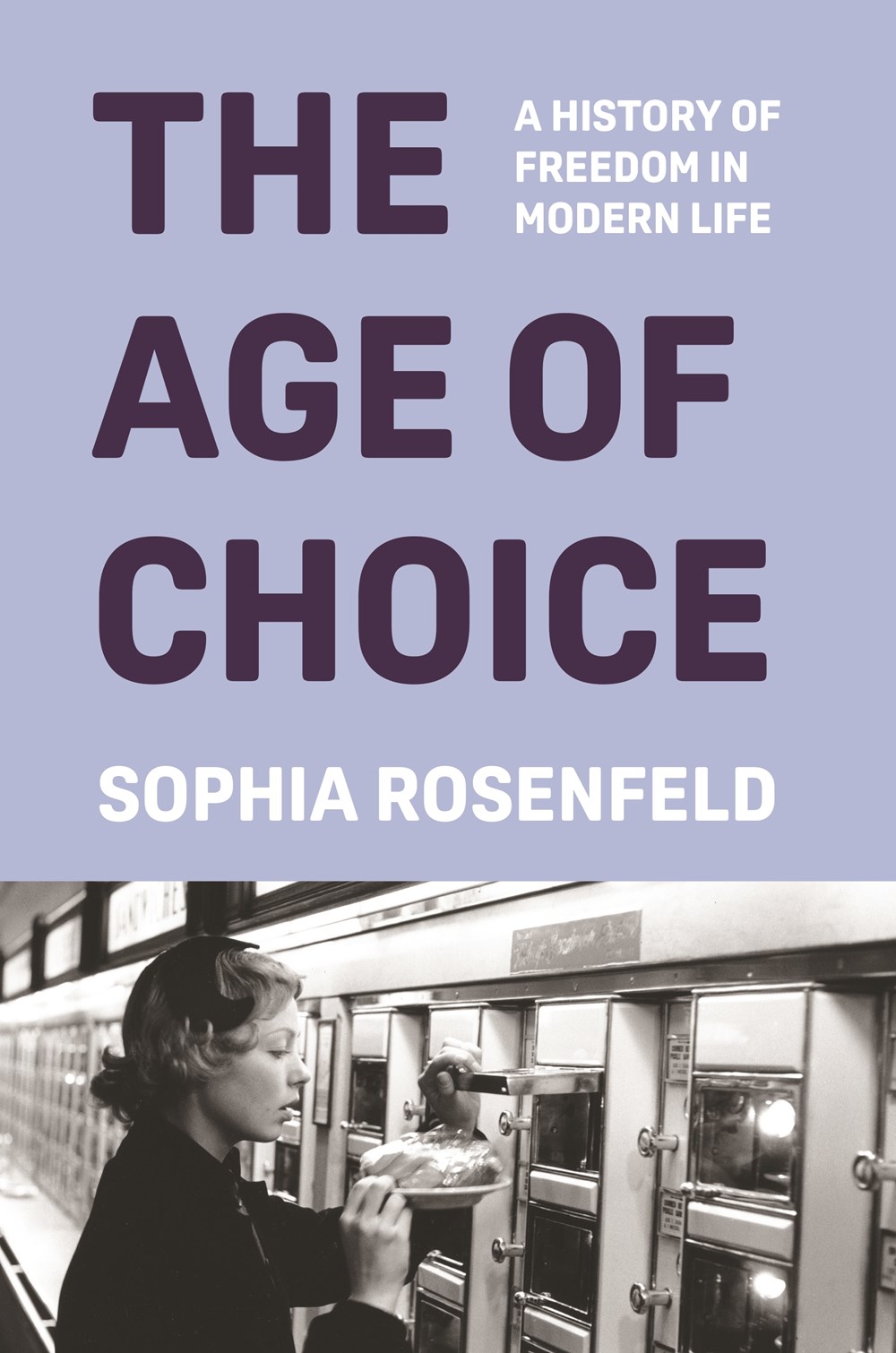2018 School Spending Survey Report
The Age of Choice: A History of Freedom in Modern Life
COPY ISBN
 When and why did choice come to be treated as a proxy for freedom, and how has it changed lives in the process? In 18th-century England, novels talked of a new activity: shopping. When shops appeared, they offered wares that enticed but weren’t essential; auction catalogues and restaurant menus offered a profusion of options. Rosenfeld (history, Univ. of Pennsylvania; Democracy and Truth) argues that these changes were rooted in personal and social habits as much as in government action. Before the 18th century, freedom had mostly been seen as freedom from something—an onerous obligation—not freedom to have the opportunity to choose among competing goods. The Reformation highlighted the role of choice in embracing faith. For a few years, the French Revolution even made marriage a civil contract. Like other contracts, if not adhered to, it could be broken, as in a divorce. Across the 19th century, elections were increasingly conducted by ballot; no longer public affirmations but choices made on one’s own. As arenas for choice expanded, so did restrictions to keep choice in bounds, even in such activities as the elaborate etiquette of ballroom dances.
When and why did choice come to be treated as a proxy for freedom, and how has it changed lives in the process? In 18th-century England, novels talked of a new activity: shopping. When shops appeared, they offered wares that enticed but weren’t essential; auction catalogues and restaurant menus offered a profusion of options. Rosenfeld (history, Univ. of Pennsylvania; Democracy and Truth) argues that these changes were rooted in personal and social habits as much as in government action. Before the 18th century, freedom had mostly been seen as freedom from something—an onerous obligation—not freedom to have the opportunity to choose among competing goods. The Reformation highlighted the role of choice in embracing faith. For a few years, the French Revolution even made marriage a civil contract. Like other contracts, if not adhered to, it could be broken, as in a divorce. Across the 19th century, elections were increasingly conducted by ballot; no longer public affirmations but choices made on one’s own. As arenas for choice expanded, so did restrictions to keep choice in bounds, even in such activities as the elaborate etiquette of ballroom dances.
VERDICT This first-rate study of choice and freedom will appeal to most history lovers.
0 COMMENTS
Comment Policy:
- Be respectful, and do not attack the author, people mentioned in the article, or other commenters. Take on the idea, not the messenger.
- Don't use obscene, profane, or vulgar language.
- Stay on point. Comments that stray from the topic at hand may be deleted.
- Comments may be republished in print, online, or other forms of media.
- If you see something objectionable, please let us know. Once a comment has been flagged, a staff member will investigate.
RELATED
ALREADY A SUBSCRIBER? LOG IN
We are currently offering this content for free. Sign up now to activate your personal profile, where you can save articles for future viewing



